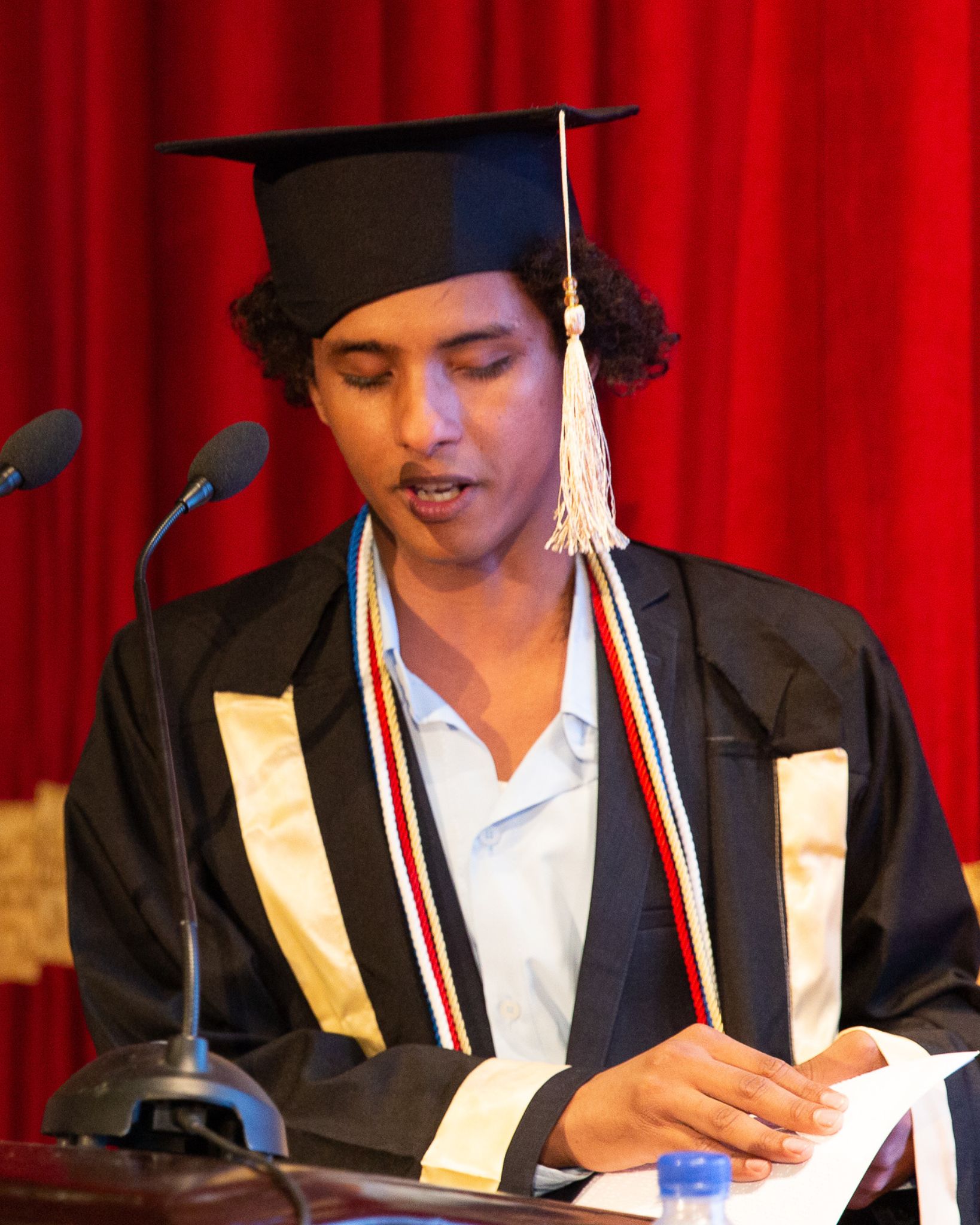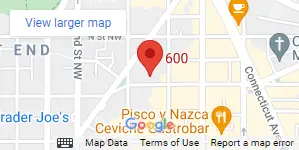

Hussein M. Oraby
The HEI program not only supported his academic goals; it also enriched his personal and professional growth. He gained leadership skills, English proficiency, and valuable experience through internships and volunteering. He also had the opportunity to study abroad at the University of Illinois Urbana-Champaign, where he defied expectations and, in his words, “challenged norms,” by taking courses in photography, videography, and video editing. He traveled around the world, capturing images and interviewing media personalities with his camera and microphone.
Hussein made history as the first visually impaired student to enroll in the English section of the Faculty of Mass Communication, and the first HEI scholar to join this faculty. He says proudly, “I etched my name in the history books as the first visually impaired student to enroll in the Faculty of Mass Communication's English section.”
Now a graduate, Hussein is determined to create a more inclusive and accessible society for people with disabilities. He founded Smart Disability Society, a startup that empowers them through freelancing and learning opportunities, as well as affordable assistive devices. He is also pursuing master’s in marketing, AI, and accessibility at the Stanford Institute of Technology.
Hussein’s vision is clear: “As I march forward, I am determined to leave an indelible mark on society, propelling it toward greater accessibility and understanding to shape a world that truly understands us, it's time to transform the narrative from 'about us without us' to a resounding 'with us and for us.' Let's rewrite the script and build a future where our voices, aspirations, and dreams are not just acknowledged but celebrated.”
